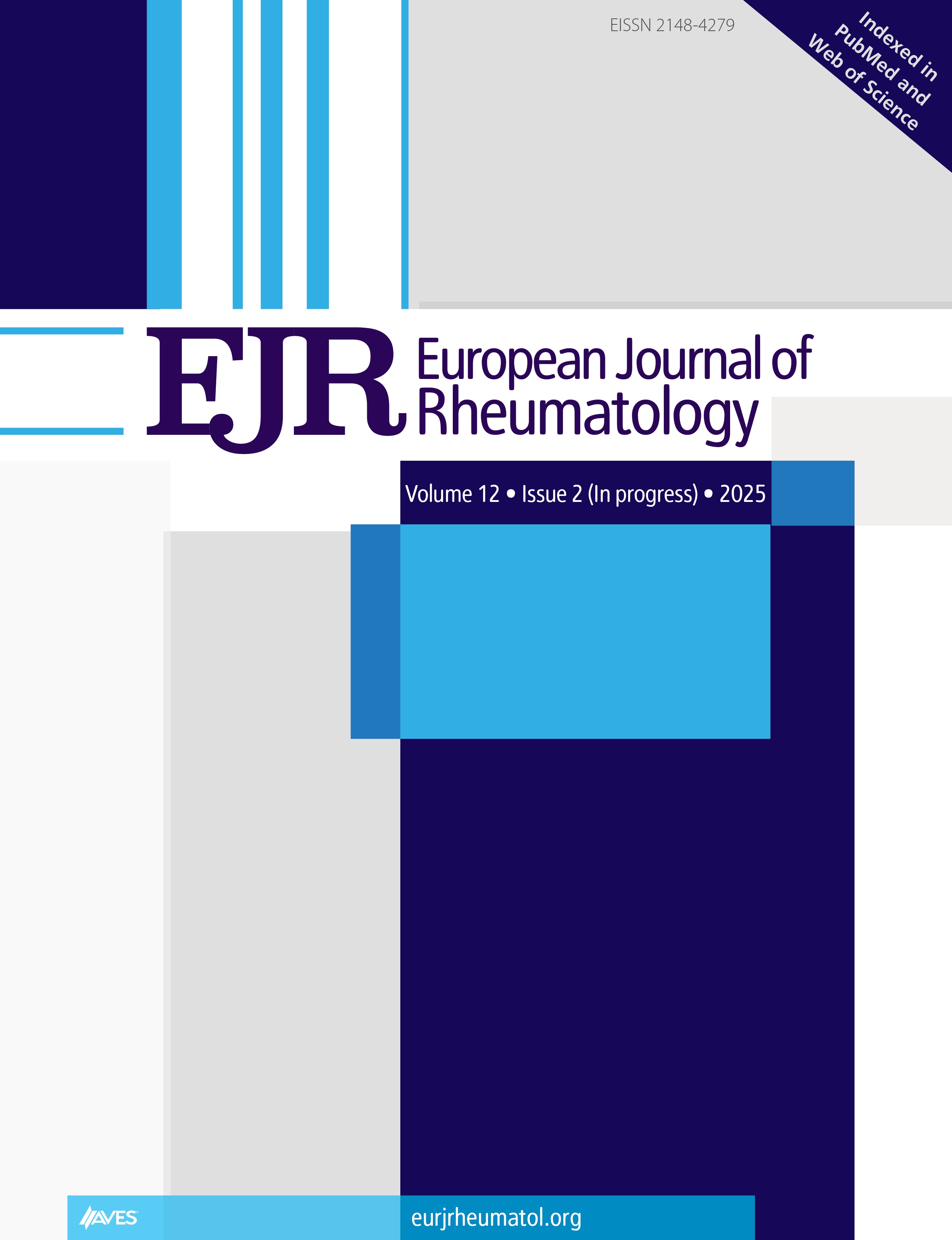Abstract
Azathioprine (AZA) is used in a wide array of autoimmune diseases, still corresponding to the mainstay maintenance therapy in anti-neutrophil cytoplasmic antibody (ANCA)-associated vasculitides. Although generally well-tolerated, several side effects are recognized. We report the case of a 50-year-old Caucasian man with kidney-limited ANCA myeloperoxidase (MPO) vasculitis who presented with general malaise, fever, worsening renal function, and elevated inflammatory markers 2 weeks after the initiation of therapy with oral AZA. Although a disease relapse was suspected, renal biopsy revealed an eosinophilic infiltrate, suggestive of acute interstitial nephritis. After suspension of AZA, a sustained improvement of renal function and normalization of inflammatory markers was observed. A diagnosis of allergic interstitial nephritis secondary to AZA was established, corresponding to the first biopsy-proven case described in an ANCA MPO vasculitis patient. Although rare, renal toxicity of AZA must be present in the clinician´s mind, avoiding the straightforward assumption of disease relapse in the case of worsening renal function.
Cite this article as: da Rosa GP, Marques S, Coelho F, Pereira E, Ferreira E, Rodrigues-Pereira P, et al. Azathioprine-induced interstitial nephritis in an anti-neutrophil cytoplasmic antibody (ANCA) myeloperoxidase (MPO) vasculitis patient. Eur J Rheumatol 2018; 5: 135-8.



.png)